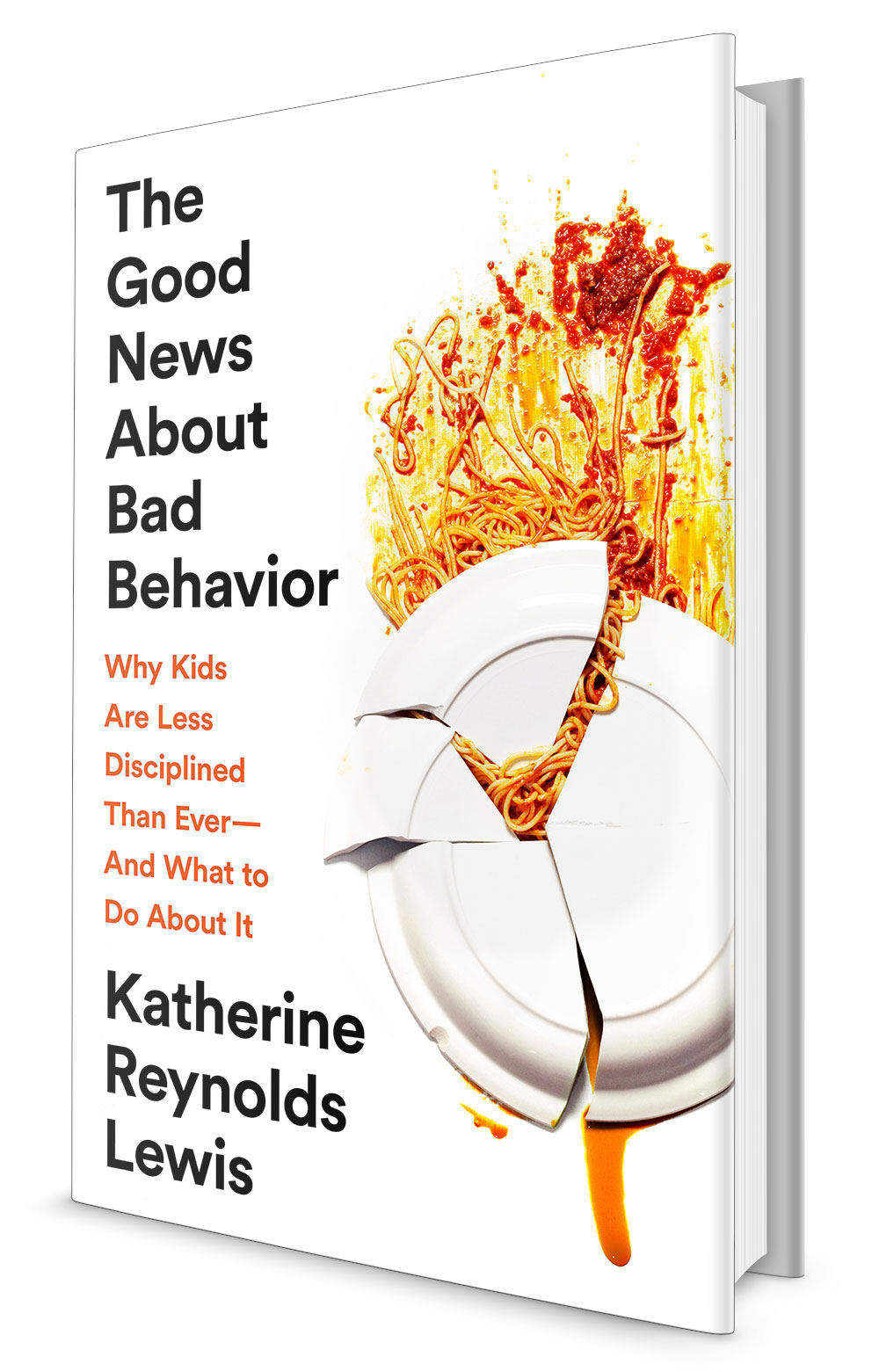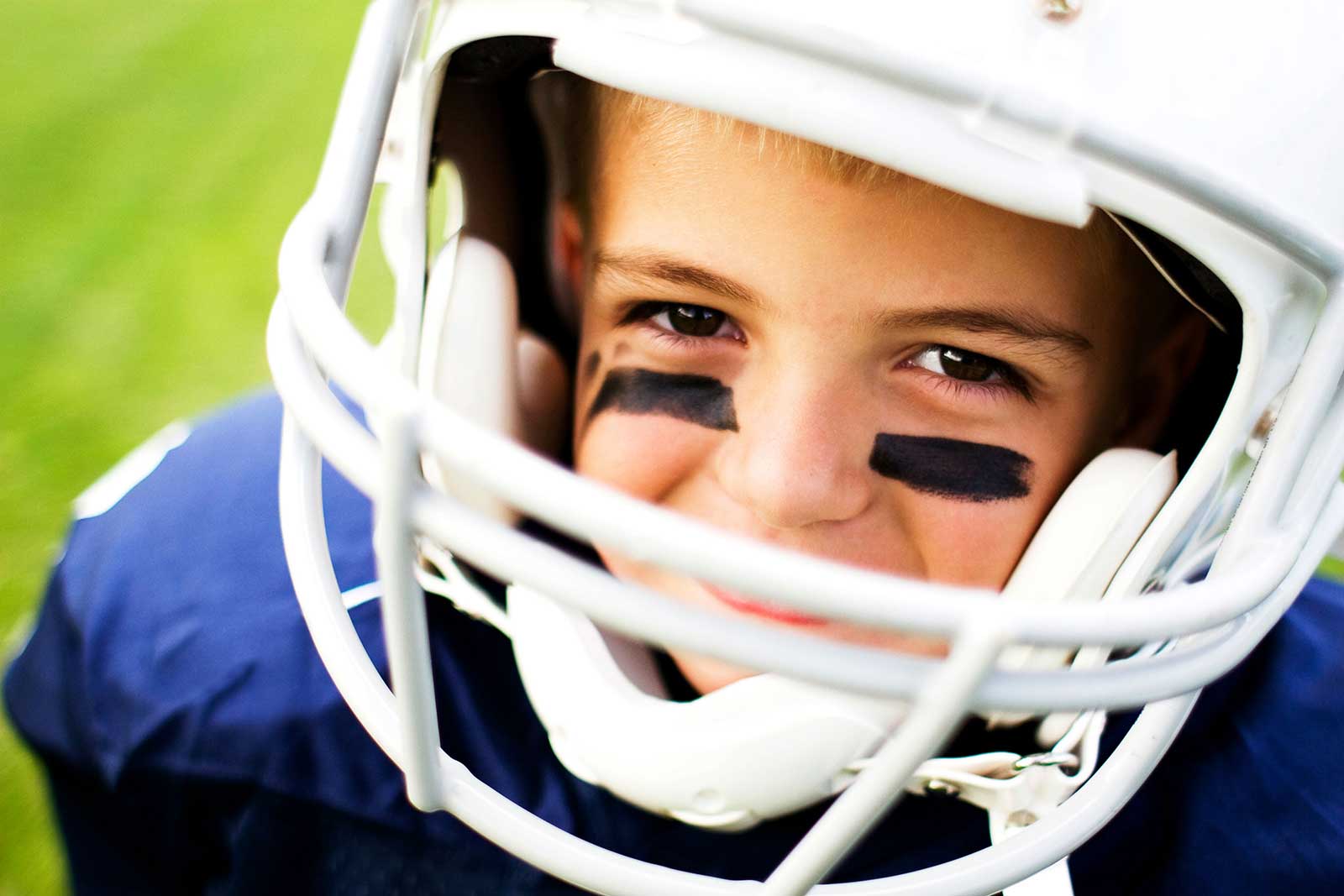Fear not, this isn’t a trick. I have yet to meet anyone who claims their kids are perfectly behaved 100% of the time or has not had some humiliating meltdown raise eyebrows…in public. My kids all drive now, but I can still remember refusing to buy one of my boys a cookie in a grocery store when he screamed at the top of his lungs, “You’re ruining my life!!!!” I think as a toddler he really meant it at the time. (And I couldn’t get out of that grocery store quickly enough).
So could there be good news about bad behavior? This new book, authored by an incredibly insightful author/mom/PEP friend, Katherine Reynolds Lewis, is a goldmine of information to help parents navigate the behavior maze.
Background:
Every parent experiences that feeling of irritation, shame, embarrassment, or frustration: why can’t my kid behave? And now, with digital distractions everywhere and disapproving grandparents looking on, it seems like today’s kids are having a harder time than ever maintaining self-control. Are we crazy, or is kids’ behavior really worse now than ever before? It’s not all in your head, Katherine Reynolds Lewis tells us. When she faced parenting challenges with her young children, she used her reporting skills to investigate the phenomenon of bad behavior, crossing the country to talk to parents, teachers, and kids and learning what works and what doesn’t from the top parenting, classroom-management, rehabilitation, and brain-science experts. Her 2015 piece for Mother Jones about discipline at school, “What If Everything You Knew about Disciplining Kids Was Wrong?” struck a nerve with parents; it went viral via social media and quickly became the most-read story the magazine had ever published.
Now, in The Good News About Bad Behavior, Lewis presents a comprehensive portrait of the modern state of bad behavior—and highlights game-changing strategies. Lewis, herself a certified parent educator, walks parents through four empowering approaches, all of which share three key components, to help parents navigate tricky behavioral situations and work with their children toward better solutions. Her outline of an Apprenticeship Model of parenting gives kids responsibility within ever-increasing limits. So often, parents ask, “How do we get the kids to do what we want?” Lewis, though, has found that the right question is: “Why can’t the kids do what we want?”







Leave A Comment